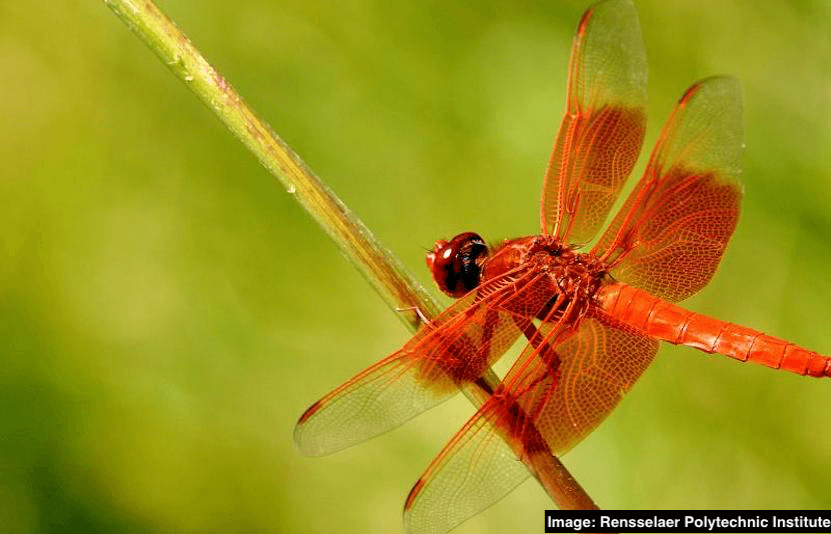The number of arthropods in the tropical forests of northeastern Puerto Rico has dropped 60-fold since the mid-1970s, researchers from Rensselaer Polytechnic Institute and Universidad Nacional Autónoma de México find.
Arthropods include invertebrate animals such as insects, millipedes, sowbugs and others.
Their decline has directly coincided with an overall temperature rise of 2 degrees Celsius since the mid-1970s in the northeastern forests of Puerto Rico.
This study provides concrete evidence to back up warnings by the United Nations Intergovernmental Panel on Climate Change that a temperature rise of 2 degrees Celsius poses huge environmental threats.
“Our results suggest that the effects of climate warming in tropical forests may be even greater than anticipated,” Brad Lister, a lecturer in RPI’s Department of Biological Sciences and lead author of the study, said in a statement.
“The insect populations in the Luquillo forest are crashing, and once that begins, the animals that eat the insects have insufficient food, which results in decreased reproduction and survivorship and consequent declines in abundance,” he continued.
Humans have already caused tremendous damage.
In Brazil’s Atlantic Rainforest, climate change is expected to wipe out 10 percent of frog and toad species. Mammal species in the forest have been cut in half due to human activity.
If nothing is done to mitigate climate change and its effects, things will only get worse.
The study
To conduct the study, the researchers used data from between 1976 and 2013 gathered by themselves and by the Luquillo Long Term Ecological Research program at three mid-elevation habitats in Puerto Rico’s protected Luquillo rainforest.
Throughout this time period, average temperature had risen by 2 degrees Celsius.
The researchers used sticky traps and sweep netting to sample the number of arthropods on the ground and in the forest canopy. Lister used the same methods in the 1970s.
They discovered that the biomass of arthropods captured in sticky traps has declined 30 to 60 times since the mid 1970s, and it declined four to eight times in sweep samples.
The researchers also noticed a simultaneous decrease in the region’s insect-eating lizard, frog and bird species.
A paper describing the full study is published in the journal Proceedings of the National Academy of Sciences.
Andres Garcia, a researcher from Universidad Nacional Autónoma de México, was the co-author of the study.
Other species can’t eat
The entire forest ecosystem is in trouble.
Tropical forests are home to two-thirds of the earth’s species. A change in temperature and decrease in arthropods as a food source could have huge implications for the biodiversity of the forests.
In addition to having a smaller food supply, the lizards, frogs and other cold-blooded animals living in the forest have to deal with a change to the generally-stable, year-round temperatures that they had grown accustomed to.
“[C]limate warming is the major driver of reductions in arthropod abundance, indirectly precipitating a bottom-up trophic cascade and consequent collapse of the forest food web,” the researchers wrote in their study.



